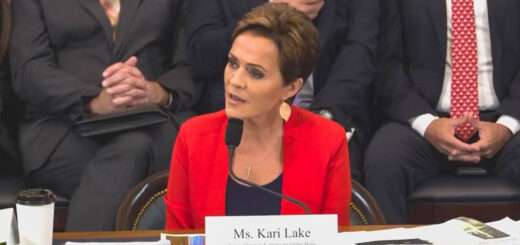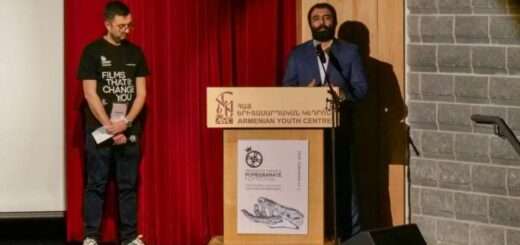Letting Go to Grow: Armenian Leaders Make Peace Abroad, War at Home

Armenian Prime Minister Nikol Pashinyan sacrificed a tremendous amount of political capital when he ceded a few border villages to neighboring Azerbaijan.
He did so as part of a deal that stemmed from Armenia’s defeat in 2023 to Azeri forces, who crushed Armenian separatists in the Karabakh region in a conflict that traces back to the Soviet Union in the early 20th century.
Afterward, Armenian organizations like the Sacred Struggle emerged in protest against their Christian nation’s capitulation to Azerbaijan, a largely Muslim and ethnically Turkic country.
Pashinyan, in turn, has cracked down on opponents, raising questions about his efforts to cultivate peace at home: Critics are now charging him with sacrificing civil rights and making war with church leaders.
The uproar began in late June after security services arrested one of the country’s top religious leaders on terrorism charges and accused him of plotting to overthrow the government, the second arrest in a week of a prominent political opponent.
Archbishop Bagrat Galstanyan, a major figure in the influential Apostolic Church, who leads the Sacred Struggle opposition movement, was arrested and accused of planning to carry out bombings and arson attacks. His lawyer described the charges as “fiction.”
Galstanyan has demanded the resignation of Pashinyan, who came to power in 2018.
Pashinyan said that security services had foiled a plot by “the criminal oligarch clergy to destabilize Armenia and take power.”
More than a dozen other opposition members were arrested around the same time after raids on their homes by police, in which officers allegedly found firearms and ammunition.
Undaunted by the political turmoil at home, however, Pashinyan is pressing on to end tensions with the country’s neighbor. He and Azerbaijani President Ilham Aliyev recently met in Abu Dhabi to finalize a peace agreement that would formally end four decades of fighting between the two countries, Euronews wrote.
That meeting, incidentally, followed a sit-down between Pashinyan and Turkish President Recep Tayyip Erdoğan in Istanbul. As the Carnegie Endowment for International Peace explained, Armenia has sought closer relations with Turkey after decades of distrust stemming from Turkey’s support of Azerbaijan and the country’s denial of claims that Ottoman forces committed genocide against ethnic Armenians in 1915.
Armenia has also sought closer relations with the European Union. In April, the country enacted its first law to trigger the EU accession process – and the billions in euros in foreign investment that accession often attracts, according to Reuters.
Notably absent from this list of diplomatic appointments is Armenia’s traditional ally, Russia. For years, Russia bolstered Armenia, counterbalancing Turkish aid to Azerbaijan. But last year, Pashinyan foze Armenia’s membership in a Russian-led military alliance, noting that Moscow failed to help Armenia defend itself when Azeri forces attacked Nagorno-Karabakh in 2023 and retook the enclave, noted CNN.
At the same time, leaders in the South Caucasus region are looking for ways to work around President Vladimir Putin while the Russian military is bogged down in Ukraine, added the Economist.
The Americans, as well as the Chinese and Indians, the Diplomat noted, are also moving into Armenia to try to wield influence in a country that is strategically located on the divide between East and West.





